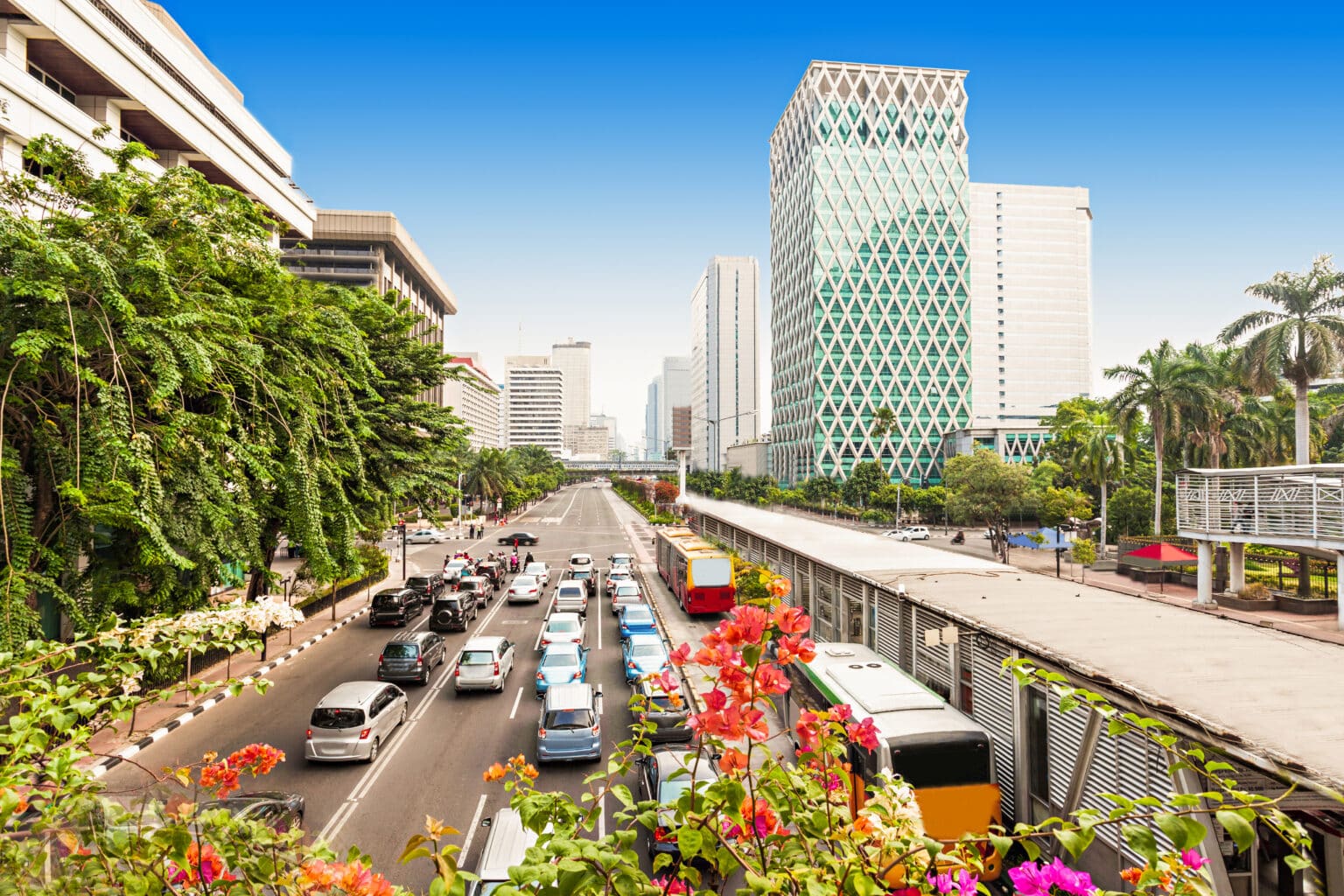Fivefold increase in fires in Indonesia during El Niño weather
- January 11, 2024
- 8:00 am


Iain Hoey
Share this content
Intensified fire season in Indonesia
In 2023, Indonesia experienced its most severe fire season since 2019, with nearly 1 million hectares of land affected.
This marked a significant increase from the previous year and was attributed to the El Niño weather pattern and the clearing of land for new plantations.
The impact of El Niño and local practices
Laksmi Dhewanthi, the climate change director-general at Indonesia’s Ministry of Environment and Forestry, stated: “We compared 2023 with 2019 because the El Niño is relatively the same. 2023 was even drier than 2019.
“But Alhamdulillah [Thank God] we can suppress the fires to be significantly less than 2019.” Despite the reduction from 2019 levels, the intensity of the fires in 2023 remained a concern.
Economic drivers and regional severity
The most affected provinces were South Kalimantan, Central Kalimantan, and South Sumatra.
Sofyan Ansori, a fire researcher, observed that in Central Kalimantan, the fires were more intense and widespread than in previous years.
He noted: “There’s a failure [from the government] to create jobs.
“If we look at Central Kalimantan and Sumatra, the number of formal jobs hasn’t increased.
“There’s less and less job opportunities.”
This lack of formal employment led locals to turn to land burning as a means of survival.
Government response and legal actions
In response to the fires, the Indonesian government focused on prevention and law enforcement.
The environment ministry took action against companies with fires on their concessions, shutting down 47 burning areas and issuing 353 warning letters.
Legal action was also pursued, with several companies ordered to pay substantial fines for environmental damage.
IFSJ Comment
The 2023 fire season in Indonesia highlights a complex intersection of environmental, economic, and legal challenges.
While the government’s efforts to enforce laws and penalize companies responsible for illegal burning are commendable, the underlying socio-economic factors driving local communities to resort to slash-and-burn practices cannot be overlooked.
This situation underscores the need for sustainable job creation and environmental education to prevent future recurrence of such devastating fires.
The global community must continue to support Indonesia in its efforts to balance environmental conservation with economic development, ensuring a resilient and sustainable future for its citizens and the world.

